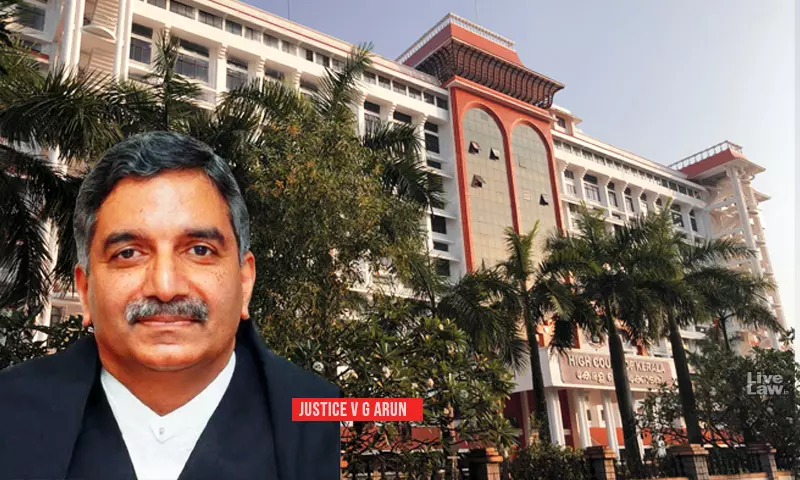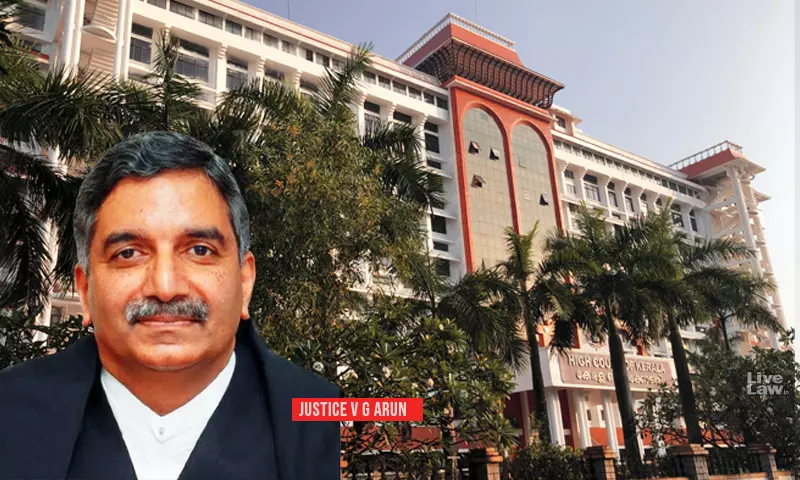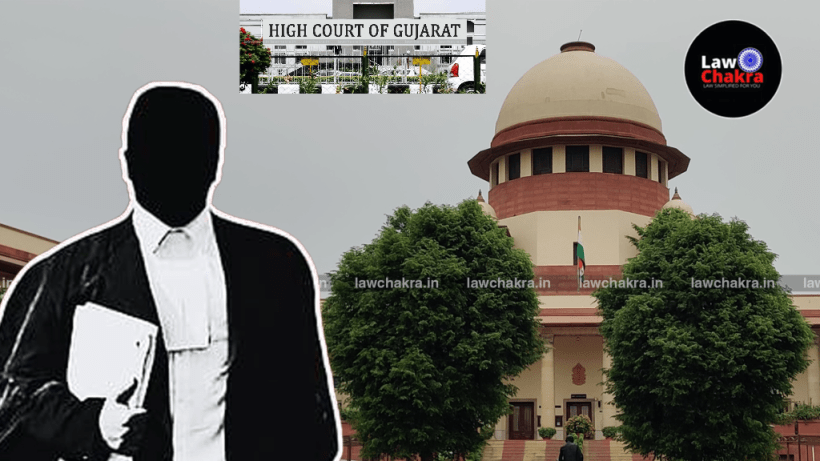Section 304A IPC | Accidental Death Of Sub-Contractor’s Worker Cannot Make Contractor Culpable If Harm Was Unforeseeable: Kerala High Court


The Kerala High Court recently quashed the criminal proceedings initiated against a contractor (1st accused/petitioner) under Section 304A IPC for negligently causing the accidental death of her sub-contractor’s worker.
Justice V.G. Arun held that the ingredients under the section would not be attracted if the death was caused by unforeseeable harm and not due to any rash or negligent act of the accused person.
For context, Section 304A of the Indian Penal Code (IPC) is extracted below:
“Causing death by negligence- Whoever causes the death of any person by doing any rash or negligent act not amounting to culpable homicide shall be punished with imprisonment of either description for a term which may extend to two years, or with fine, or with both.”
Facts
The petitioner was awarded a contract for carrying out tress work on the roof of a building in Manalur Grama Panchayat. The plumbing work was sub-contracted to the 2nd accused in the case. The deceased was a worker of the 2nd accused sub-contractor.
While the deceased was carrying out plumbing works on the rooftop, he stretched his hand and accidentally touched a live wire, which was passing near the building. Thereafter, he suffered electric shock and fell to his death.
Thereupon, criminal proceedings were initiated against the three accused persons under Section 304A IPC read with Section 34. Aggrieved, the petitioner moved the High Court for quashing the proceedings against her.
The Public Prosecutor’s line of argument was that the 3rd accused had prepared the estimate and plan without obtaining proper approval. The petitioner contributed to the accident by accepting the contract and carrying out the work without considering the proximity of the electric lines and taking requisite measures.
The Court examined the scope of criminality of rash and negligent acts, which was the first ingredient of the offence under Section 304A. It observed,
“The criminality as far as rash acts are concerned, lies in running the risk of doing such an act with recklessness or indifference as to the consequences…”
As regards criminal negligence, the Court held that it is the omission to do something which a prudent and reasonable man would do or the doing of an act which such a man would not do.
The learned Single Judge observed as follows:
“…Criminal negligence occurs when there is gross and culpable neglect or failure to exercise the required care and precaution to guard against injury, either to the public generally or to an individual in particular, which, having regard to all the circumstances, was the imperative duty of the accused person to have adopted…”
For satisfying the second ingredient of the offence, the Court held, the death must be caused as a direct or proximate result of the rash or negligent act of the accused.
Regarding the present case, the Court found that criminality cannot be attributed against the petitioner for taking up the contract. Moreover, the death was an accidental one and since the harm involved, i.e., passing of live wires, was not a foreseeable one. Therefore, there is no rashness or negligence of the part of the petitioner.
Thus, the Crl.M.C. was allowed and the criminal proceedings against the petitioner were quashed.
Case No: Crl.M.C. No. 314 of 2025
Case Title: Noormida v. State of Kerala
Citation: 2025 LiveLaw (Ker) 359
Counsel for the Petitioner: K.K. Dheerendrakrishnan, N.P. Asha
Counsel for the Respondent: Sr. Public Prosecutor – Pushpalatha M.K.




